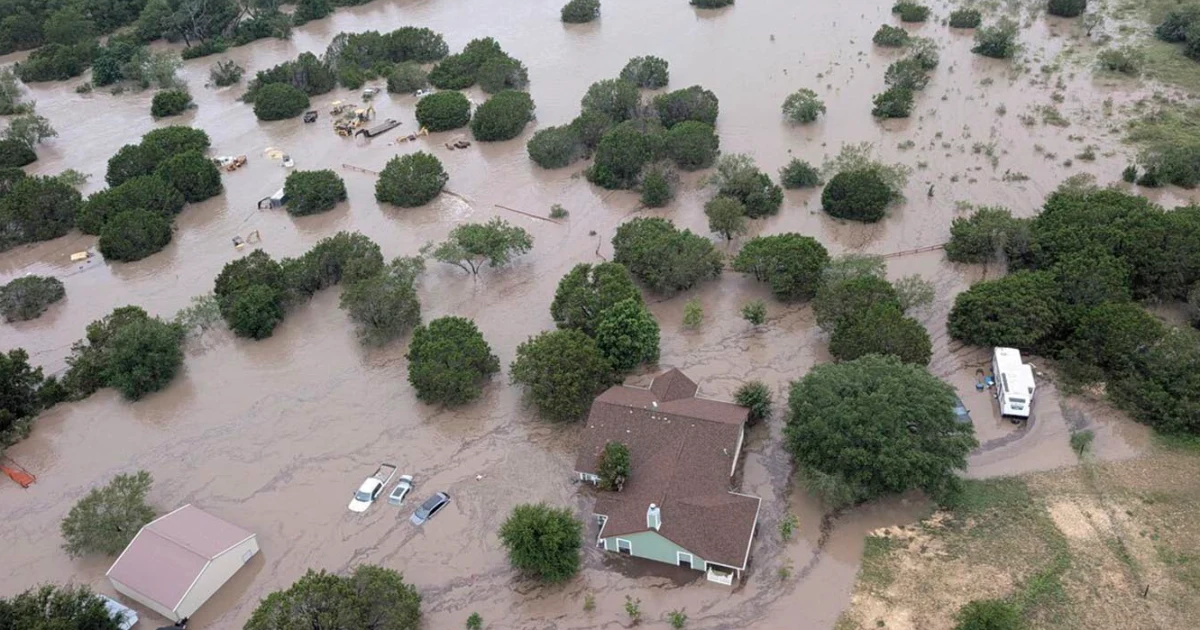Most Texans Lack Flood Insurance as Damage from Recent Flood Exposes Massive Coverage Gap

Dallas, Texas (NBC) – As Texas grapples with the aftermath of devastating July 4th flooding, experts are raising alarm over a critical insurance shortfall. The majority of homeowners affected by the recent disaster lack flood insurance, forcing many to cover costly repairs out of pocket.
According to the Insurance Council of Texas (ICT), only 7% of homes statewide have flood insurance, with coverage dropping to as low as 1% in inland regions such as the Dallas-Fort Worth area, San Antonio, and Hunt County—areas severely impacted by recent flash floods.
Unlike typical homeowner or renter policies, standard insurance does not include flood damage. Most flood insurance is available only through the federal National Flood Insurance Program (NFIP), with limited availability from private insurers. Flood insurance is mandatory only for properties in high-risk zones; for others, it remains optional.
AccuWeather estimates the economic loss from the latest floods at between $18 to $22 billion. With many homes outside designated high-risk areas also inundated, homeowners without flood policies are left bearing the financial burden. Past events show that Federal Emergency Management Agency (FEMA) assistance provides limited relief—averaging just $4,400 after Hurricane Harvey—compared to average NFIP claims of $115,000.
Even those with NFIP policies face caps: coverage tops out at $250,000 for structures and $100,000 for contents. The average annual premium for flood insurance in Texas stands at approximately $700, varying by location and risk factors.
ICT emphasizes the importance of reviewing insurance needs as climate events intensify. FEMA warns that “minimal flood hazard” does not mean “no flood hazard,” with 40% of NFIP claims arising from outside high-risk zones.
Vehicle owners also face risks. The Texas Department of Insurance notes that only comprehensive auto policies cover flood damage—basic liability or collision policies do not.
